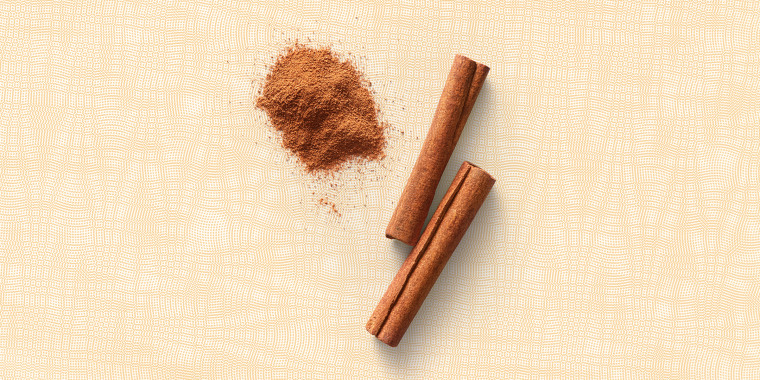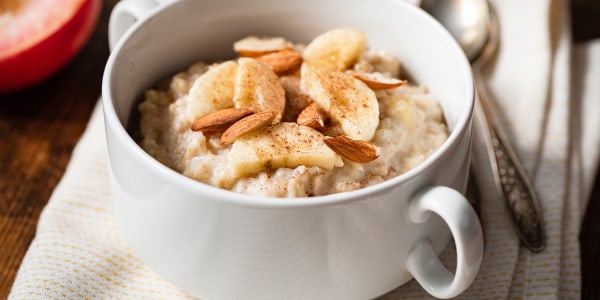The same fragrant spice that you sprinkle over your hot cocoa may also offer up a major health boost. Like turmeric and other spices, cinnamon has been used for centuries in traditional medicine. Ground cinnamon is made from the bark of several varieties of trees from the genus Cinnamomum.
Cinnamon contains cinnamaldehyde, a compound which gives the spice its characteristic fragrance and flavor, as well as its purported health benefits. Studies show that cinnamon has antimicrobial, anti-inflammatory, antidiabetic, anti-cancer, lipid lowering and other significant health benefits. It’s also said to help with weight loss and acne. Let’s explore which benefits are real and which are purely fiction.
Diabetes
Cinnamon does have a significant effect on blood sugar. Diabetics who take medication to control their blood sugar should avoid eating large amounts of cinnamon. While studies show that cinnamon can lower blood sugar, as well as lower cholesterol levels in people with diabetes, it’s unclear exactly how much cinnamon is appropriate. Taking too much can have adverse effects, like lowering your blood sugar too much. Talk to your health professional before taking cinnamon in large doses as a supplement. Using it in recipes and sprinkled over beverages is perfectly fine.
Other concerns
Some people are allergic to cinnamon or develop skin and mouth irritations when using it. If irritation occurs, stop using the cinnamon-containing product. Also, coumarin, an ingredient found in some cassia cinnamon products, can cause liver issues if large amounts are eaten.
Cinnamon and weight loss
You may have seen articles touting cinnamon’s ability to help you shed pounds. While it’s true that the spice can help lower blood glucose and help you cut down on added sugar (see more on that below), it can’t magically help you lose weight. Still, at just 6 calories and 2 grams of carbs per teaspoon, you can do a whole lot of sprinkling and spicing up for very few calories. And that teaspoon of cinnamon also provides 1 gram of fiber, another bonus for anyone who is trying to trim their waistline.
Cinnamon and your skin
At-home beauty experts have talked about the benefits of using DIY cinnamon face masks made with honey and lemon. They claim that the antibacterial properties of cinnamon are great for helping to clear up acne by killing off the bacteria that causes it. The spice does have antibacterial activity, but you don’t want to spread it all over your face. It can cause irritation, especially around the sensitive areas of the mouth and eyes.
Promising benefits
Cinnamon compounds have been studied for use in blocking HIV infection and also in protecting against Alzheimer’s disease, thanks to their anti-inflammatory effects. While promising, these studies have been too small to draw conclusions about the spice’s benefits. Still, it’s smart to include more cinnamon in your daily meals to capture all of its goodness.
How to use cinnamon
In studies, various amounts and varieties of cinnamon have been used, making it difficult to pinpoint exactly how much is needed to reap the benefits. But experts agree that using between ½ and 1 teaspoon daily is an appropriate amount. By sprinkling the spice in dishes throughout the day, you can easily get that much.
Cinnamon is incredibly versatile and can be used in both sweet and savory dishes. On the savory side, try it in stews, chili and even omelets. And of course, the spice is amazing in cinnamon rolls, cookies, banana bread and other baked goods. You can add between 1/8 to ¼ of a teaspoon of ground cinnamon to your morning smoothie.
Also, cinnamon can help enhance the natural sweetness of foods, making things taste like they have more sugar than they actually do, which is smart for anyone who is trying to cut back on added sugars. For example, sprinkling cinnamon over your morning bowl of oatmeal or swirling it into plain yogurt can make those foods taste more sweet.





